How we always fail Paris
Nee-naw nee-naw nee-naw the sirens go as the police car pulls up in front of Gare du Nord. Last chance Marie, he says. She looks at him, then buckles her seatbelt. So good. Then the screech of the wheels on the wet pavement. The manual gear change. The crank of the emergency brake. SO GOOD.
It must be 20 or so years since I first watched The Bourne Identity. I was so stoked on that movie back in the day. In hindsight, it’s probably not surprising that a 10-year-old boy’s favorite movie is full of car chases and action. Though that particular one might be a strange choice - it’s a little twisted, no? Someone running from something while simultaneously looking for something else - an identity, a name, a voice. It’s enough for therapy to unpack, I’m sure.
But there was something about hearing those French sirens so many years ago that took hold and never let go. I mean I knew the world was big, but you’re telling me sirens sound different in other parts of the world?? Who knew that something so mundane could be so exotic, so foreign, so not of my world. What else is different out there, I thought. I needed to know.
I was in Paris recently, sitting at a café on a Wednesday morning watching a flower shop open across the street. The presumptive owner was taking a smoke outside while tinkering with the arrangements splayed out on the sidewalk. I sipped on a double espresso while commuters passed by, occasionally stopping by to admire, or even pick up, a bouquet. Eventually, off in the distance, I heard the familiar call of the French police sirens.
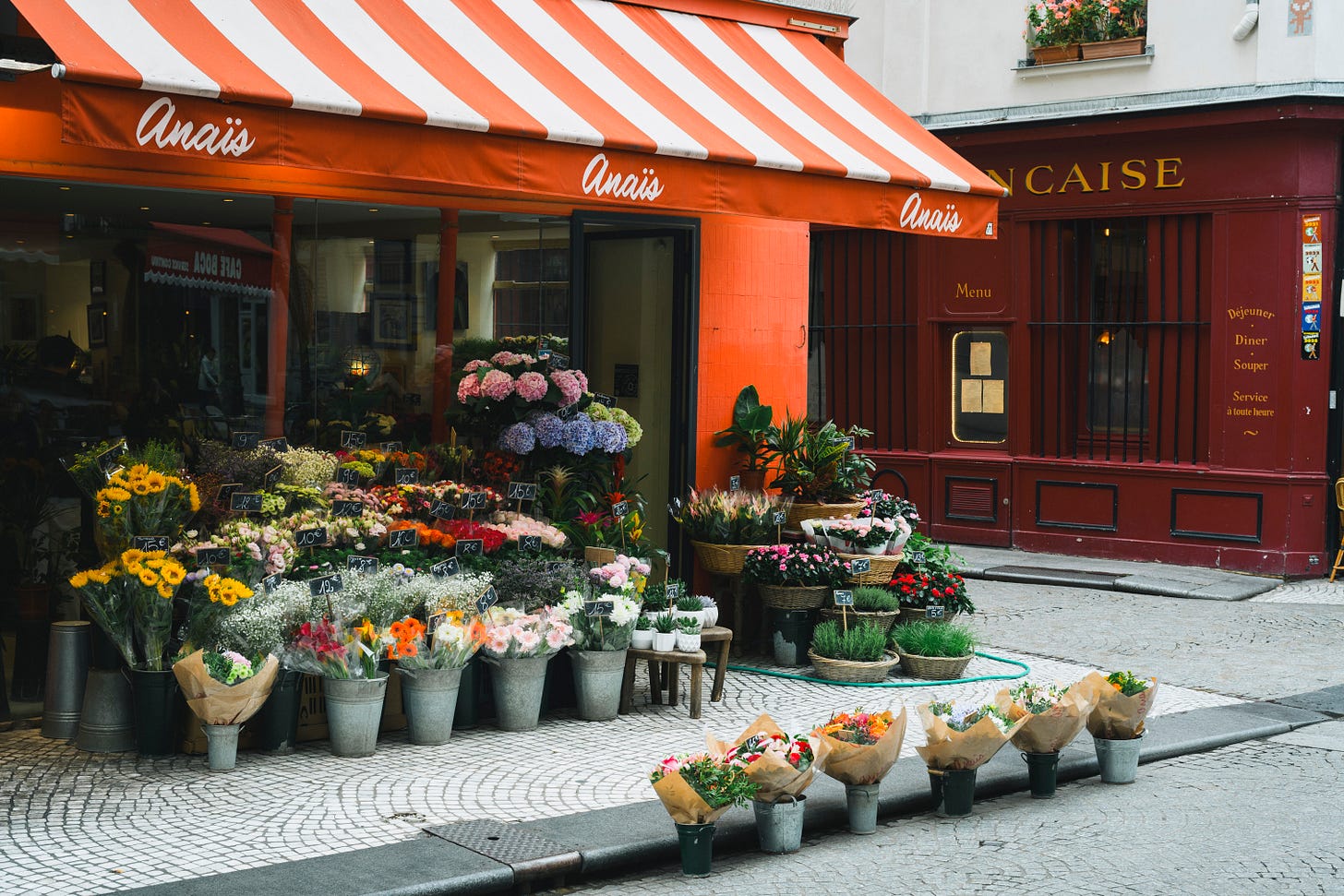
The sound made me think about how we’re introduced to a place. Before the flight, before the hotel booking, before the restaurant reservations, there’s an idea, right? A seed planted by something or someone - friends, family, books, films, TV shows, or most likely, social media. And whatever it is, how does it shape our expectations?
Paris today feels like ground zero for the Travel Industrial Complex. The city has been idealized for hundreds of years, but today there are more ways than ever to flatten Paris into a caricature of itself. The aestheticization feels more insidious. As Paris-based writer Lindsey Tramuta puts it:
A 30-second video set unironically to Edith Piaf with romantic imagery meant to capture Paris, the film set not the city, gets hundreds of thousands of views. The clickbait machine has gotten faster, prettier, and more formulaic. Creators work from a script: a croissant, striped shirt and a Polène bag, a no-name bistro for steak-frites, and a pharmacy run like it’s a pilgrimage, and voilà: they’ve “done” Paris.
Every generation finds its own way to flatten Paris into a digestible fantasy, but this era’s version is particularly grating
I’d posit that this type of content feels particularly grating because it centers the self too much. It’s all about my fantasy, how the world perceives me, how places should bend to my will. Too much narcissism and main character energy, not enough of letting the city reveal itself. And so the content is either “the Parisian way of living” or “Paris is overrated,” both of which are absurd things to say. Especially as a tourist, devoid of the actual burdens that come with living there.
What, did the waiter not coddle you enough? Did the sound of the bus and the smell of exhaust disturb your morning croissant and espresso? Was the Metro too crowded? Paris’s worst offense is being a living, breathing city full of life that cannot be fit seamlessly into a few frictionless swipes. It’s a crime I fear it will never be able to outrun.
In a way, I feel fortunate that my most impressionable memory of Paris comes from a silly action movie that wasn’t about the city at all1. I never had any expectations, only that I’m a stranger in a foreign city, just trying to figure out who they are. Maybe that’s why it’s one of my favorite places in the world.
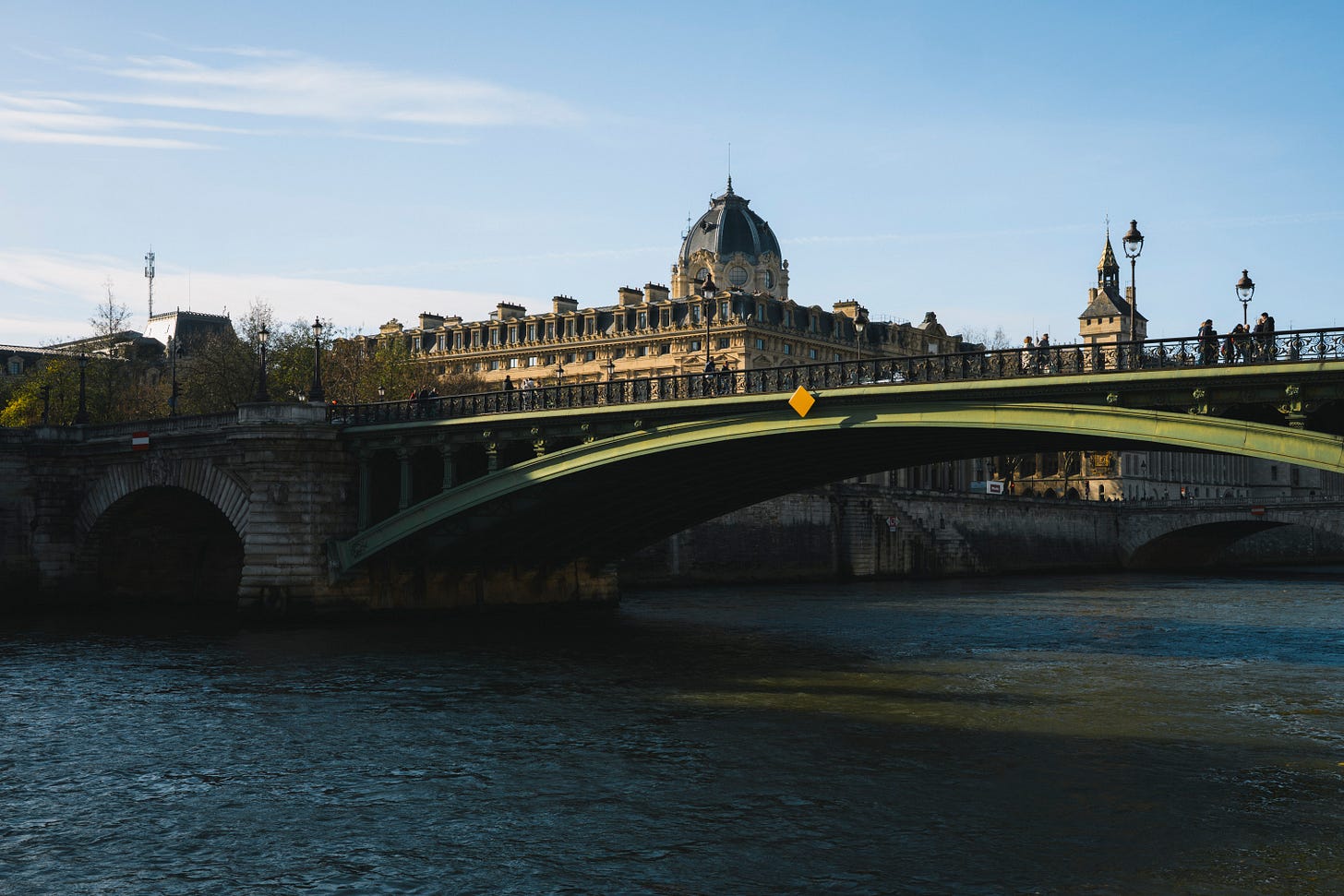
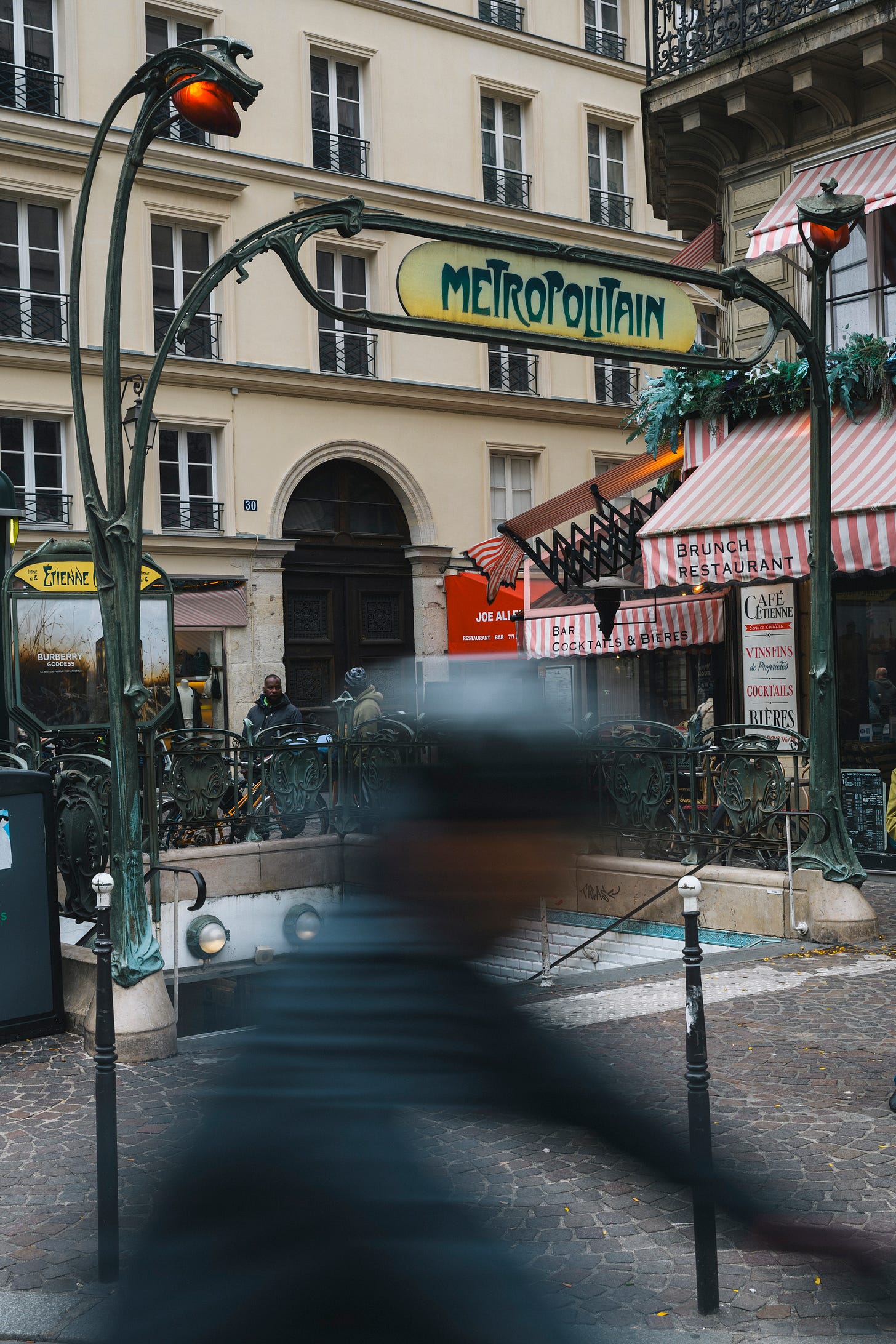
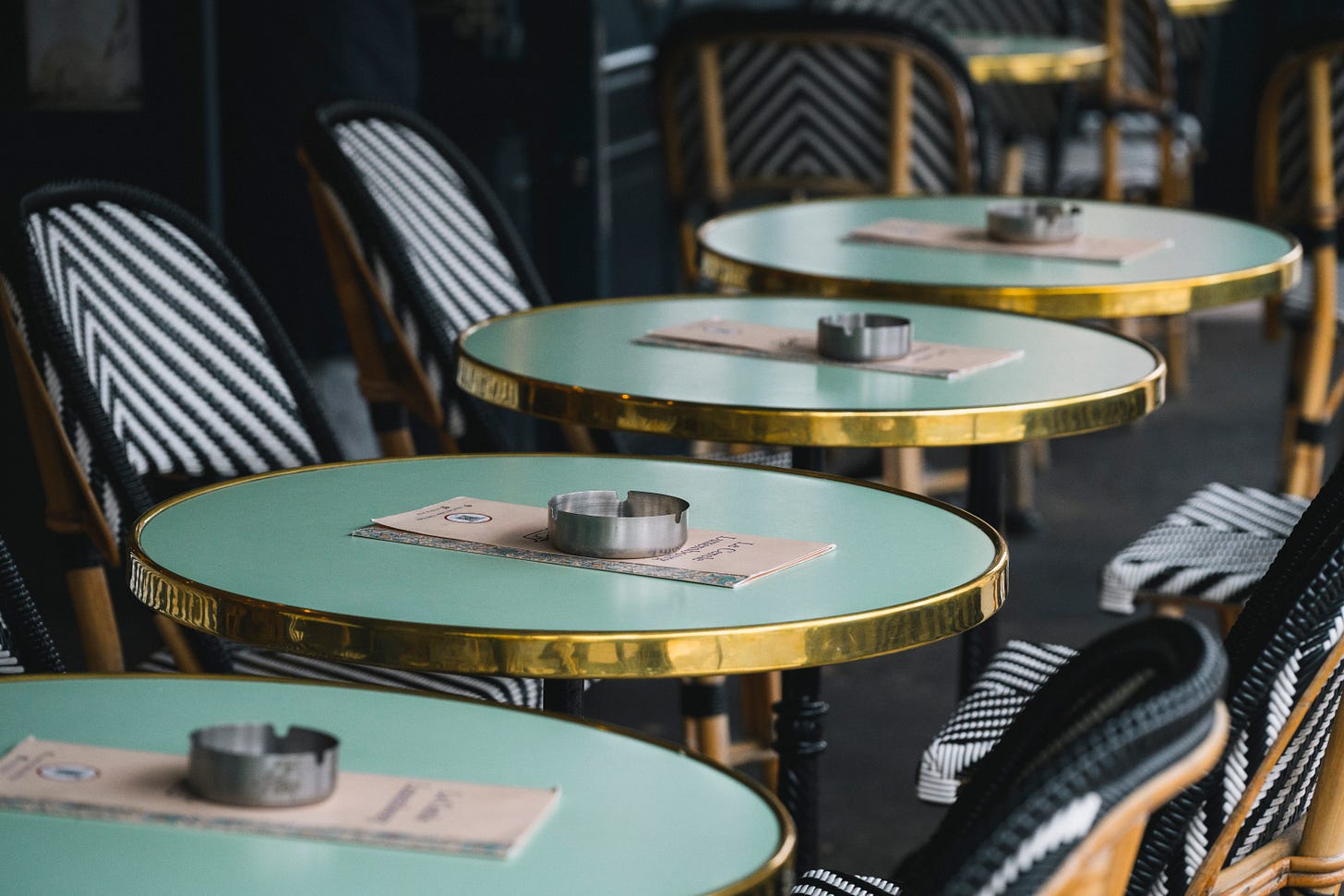
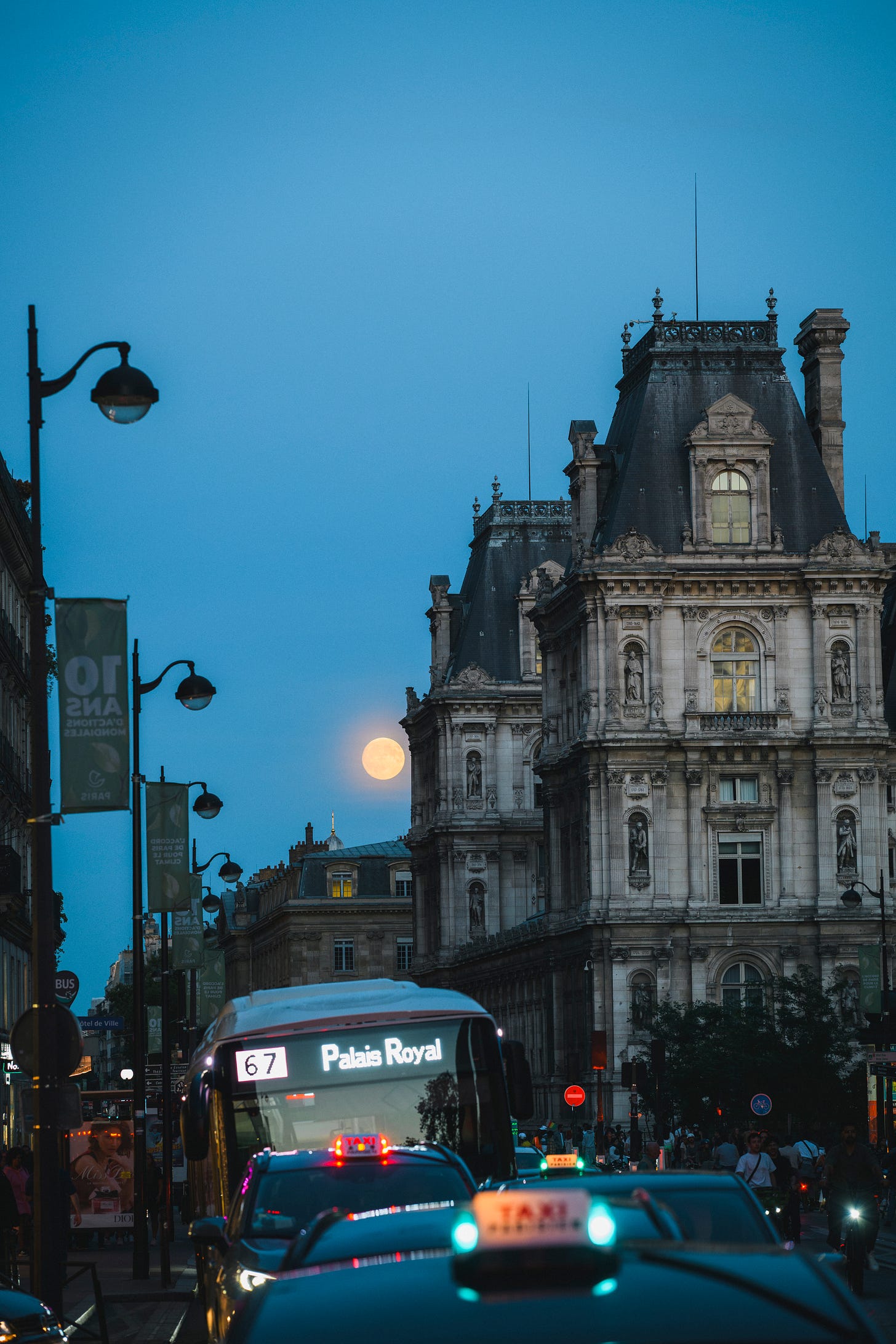
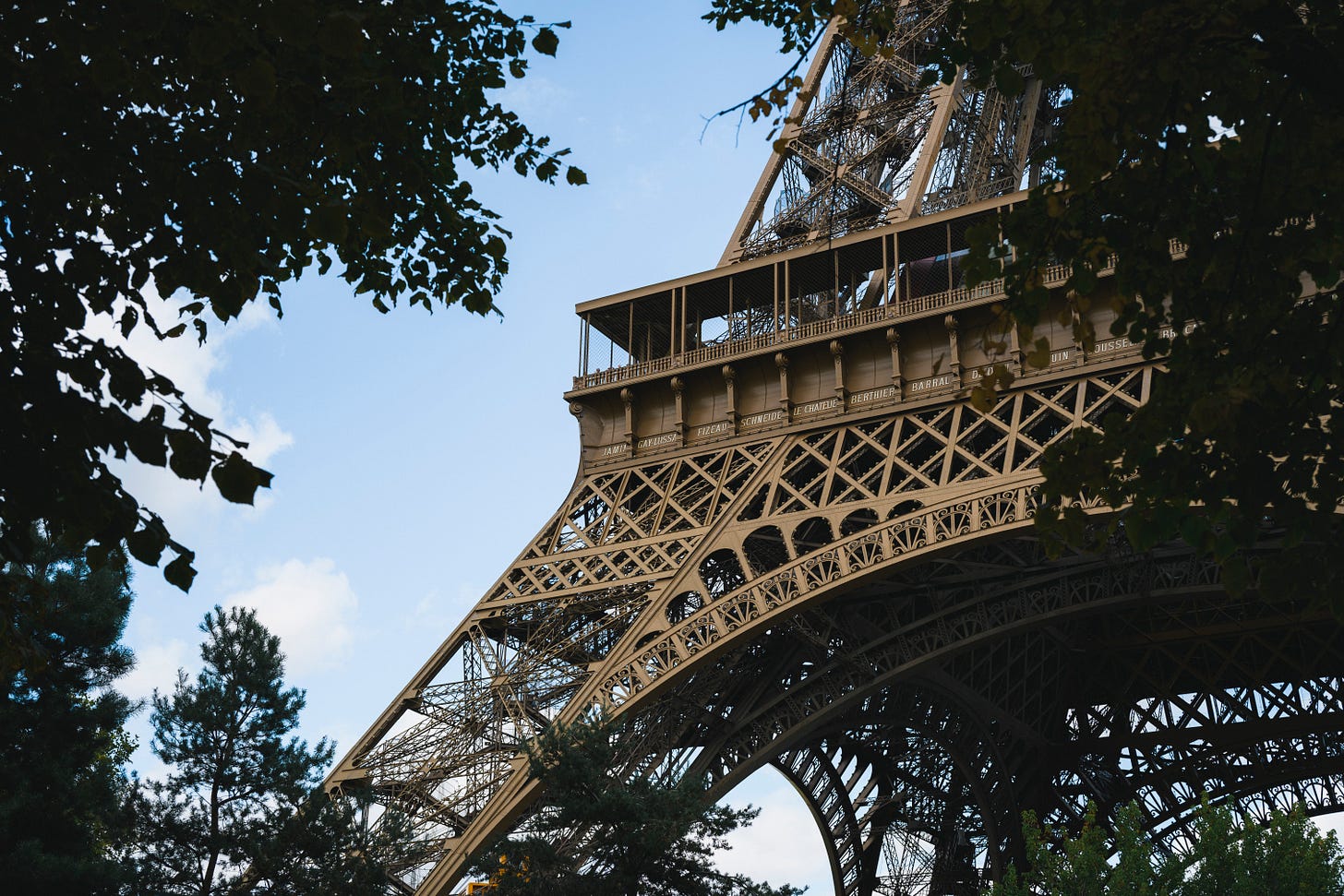
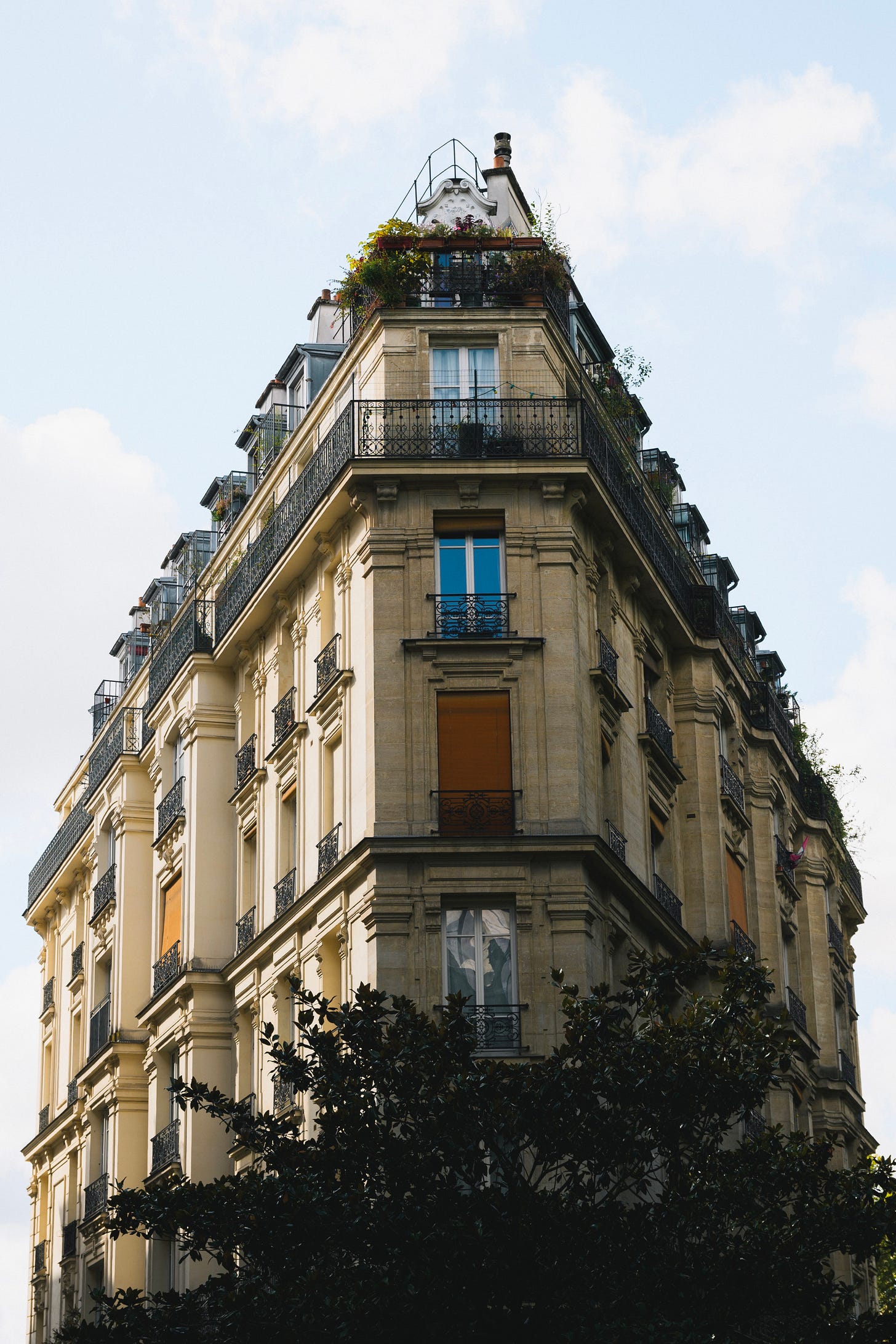
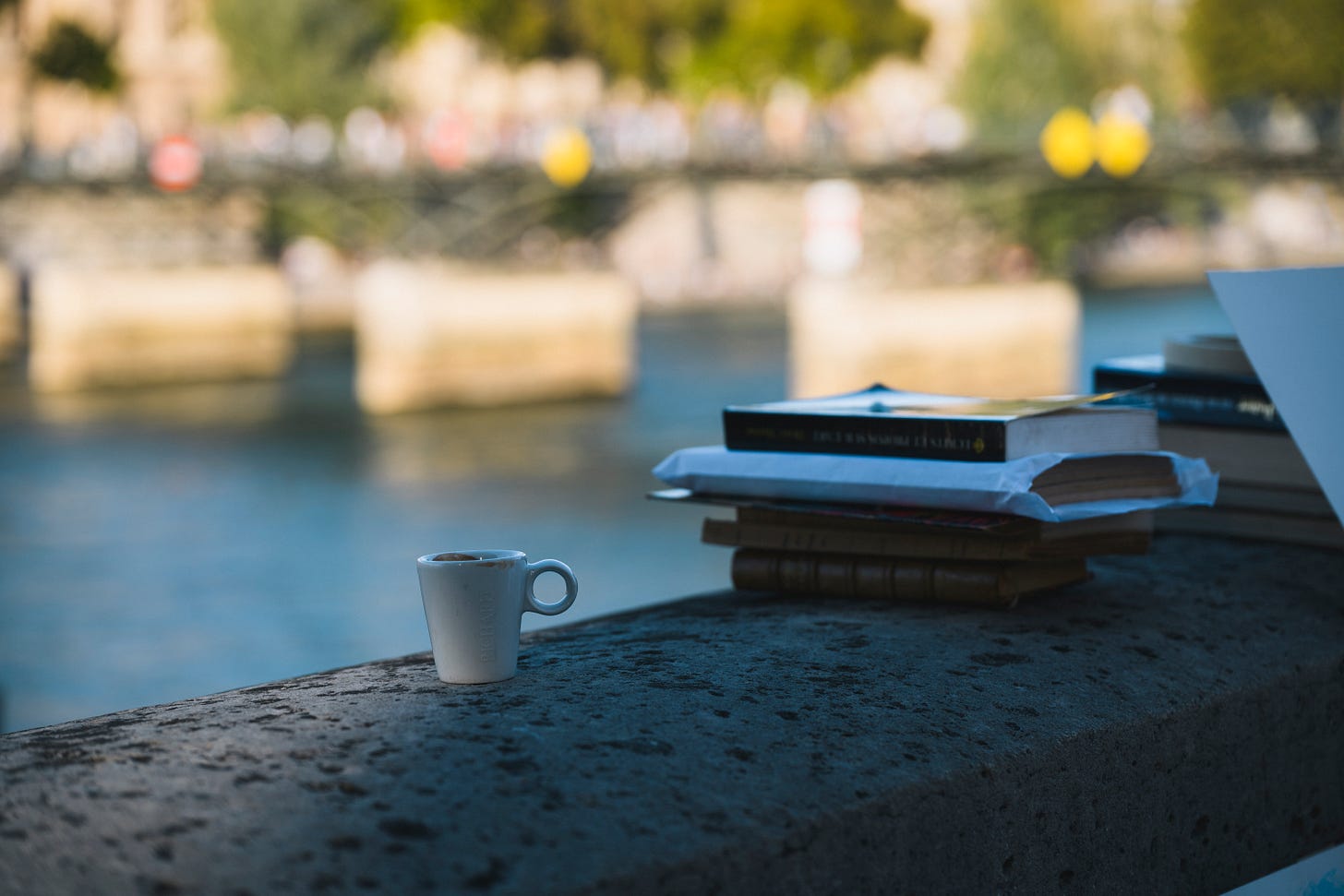
No spam, no sharing to third party. Only you and me.
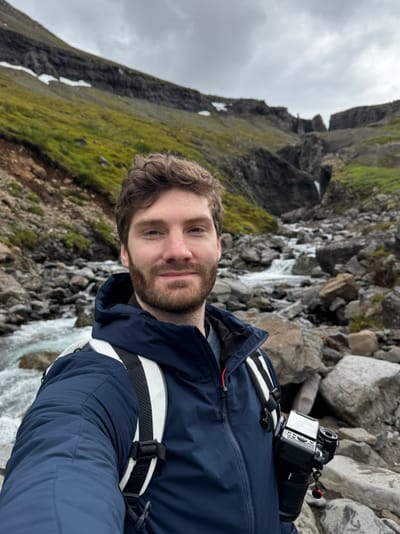
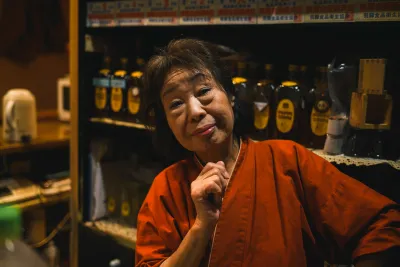
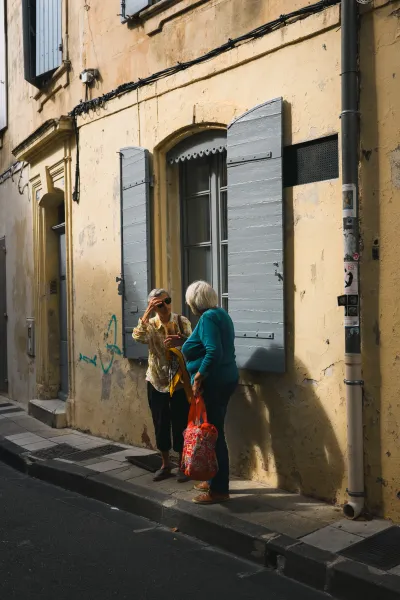
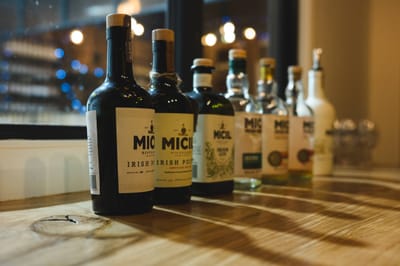

Member discussion